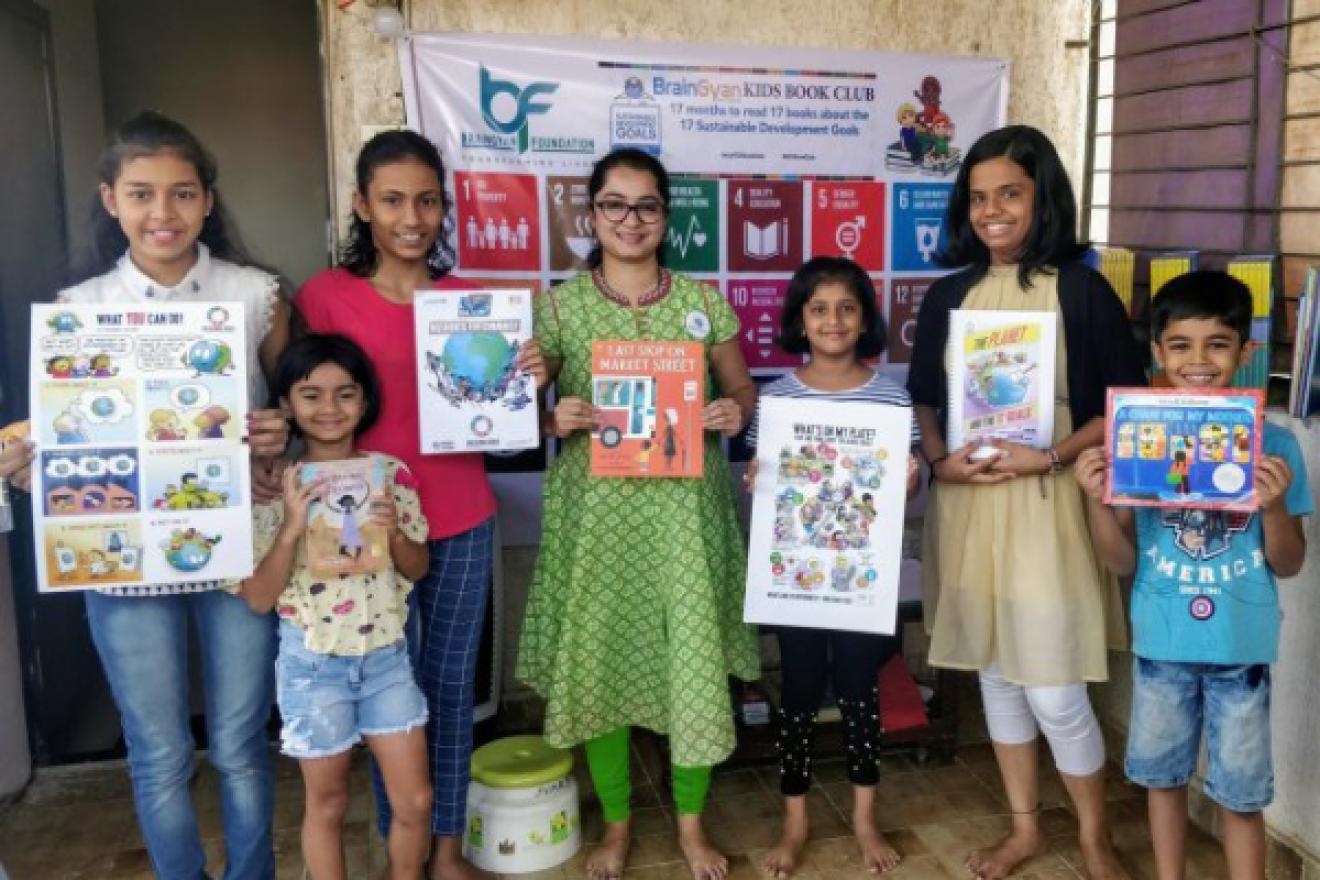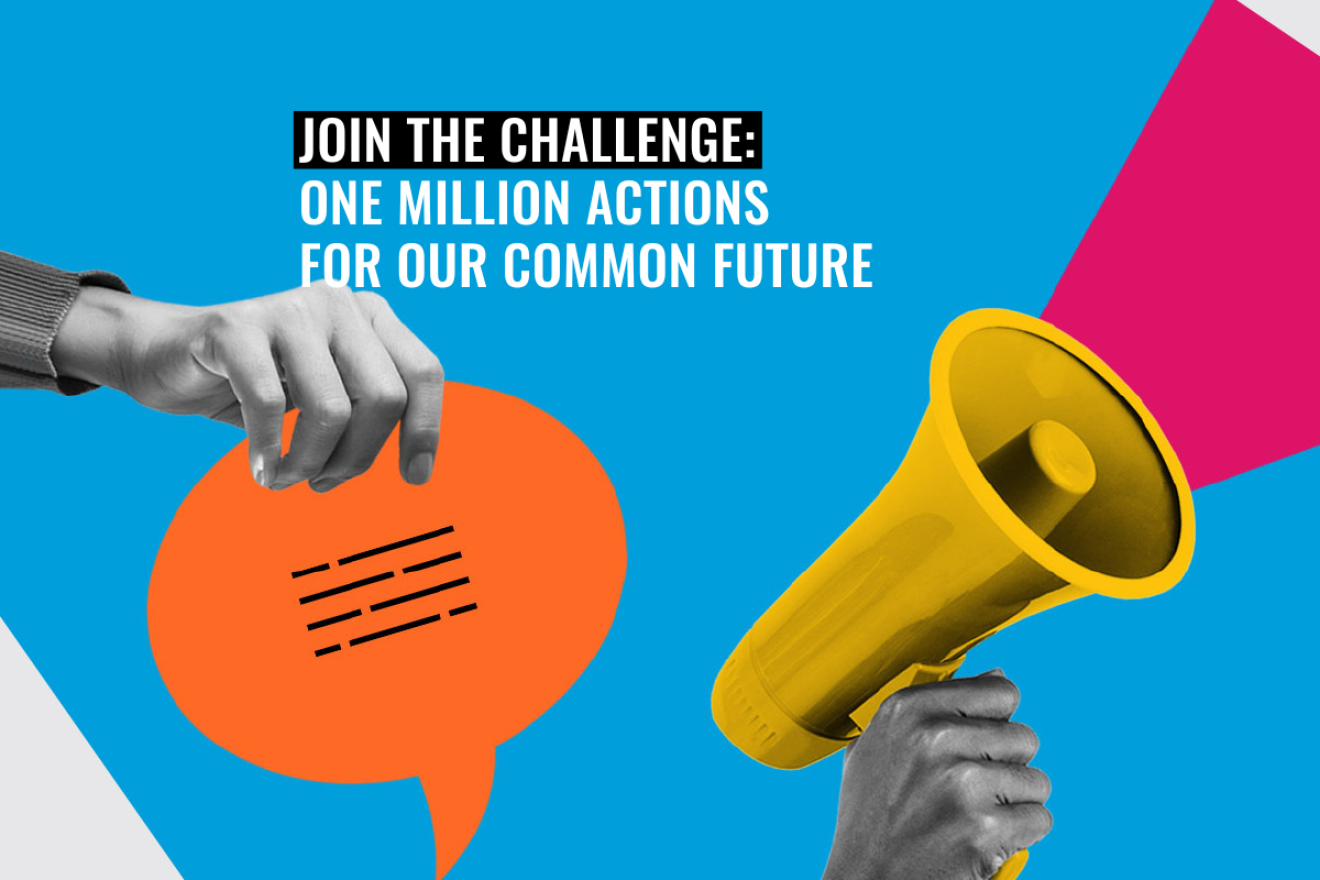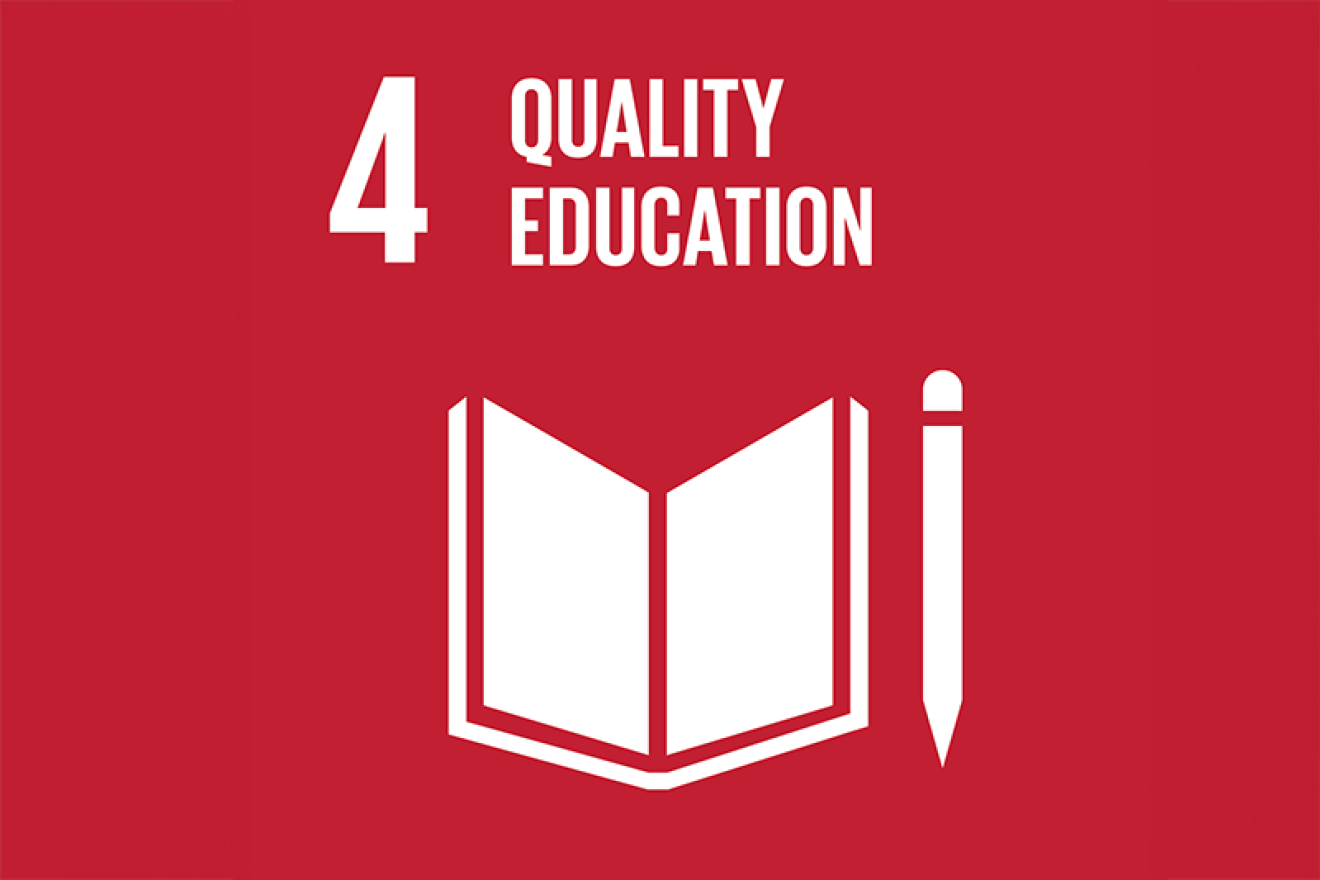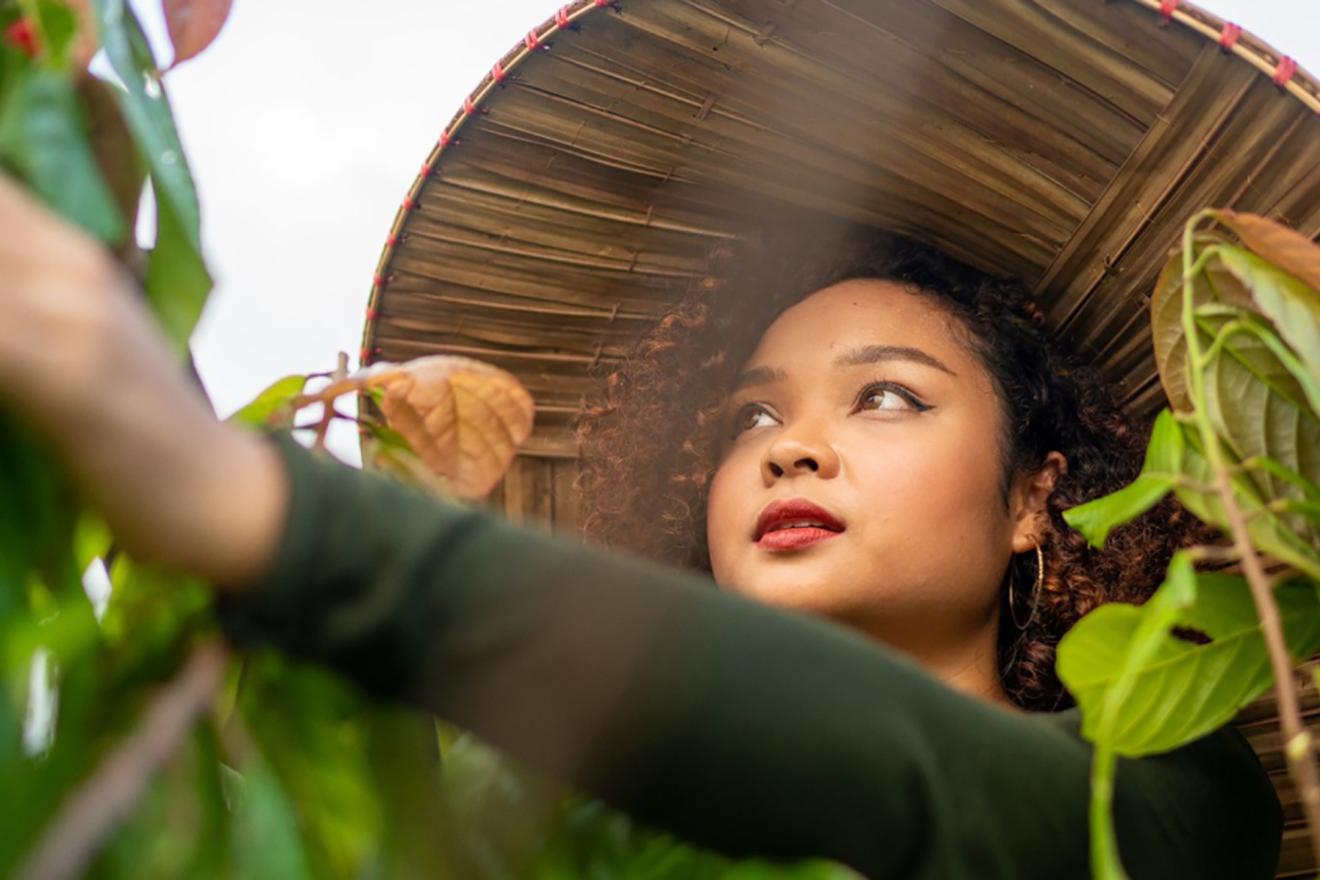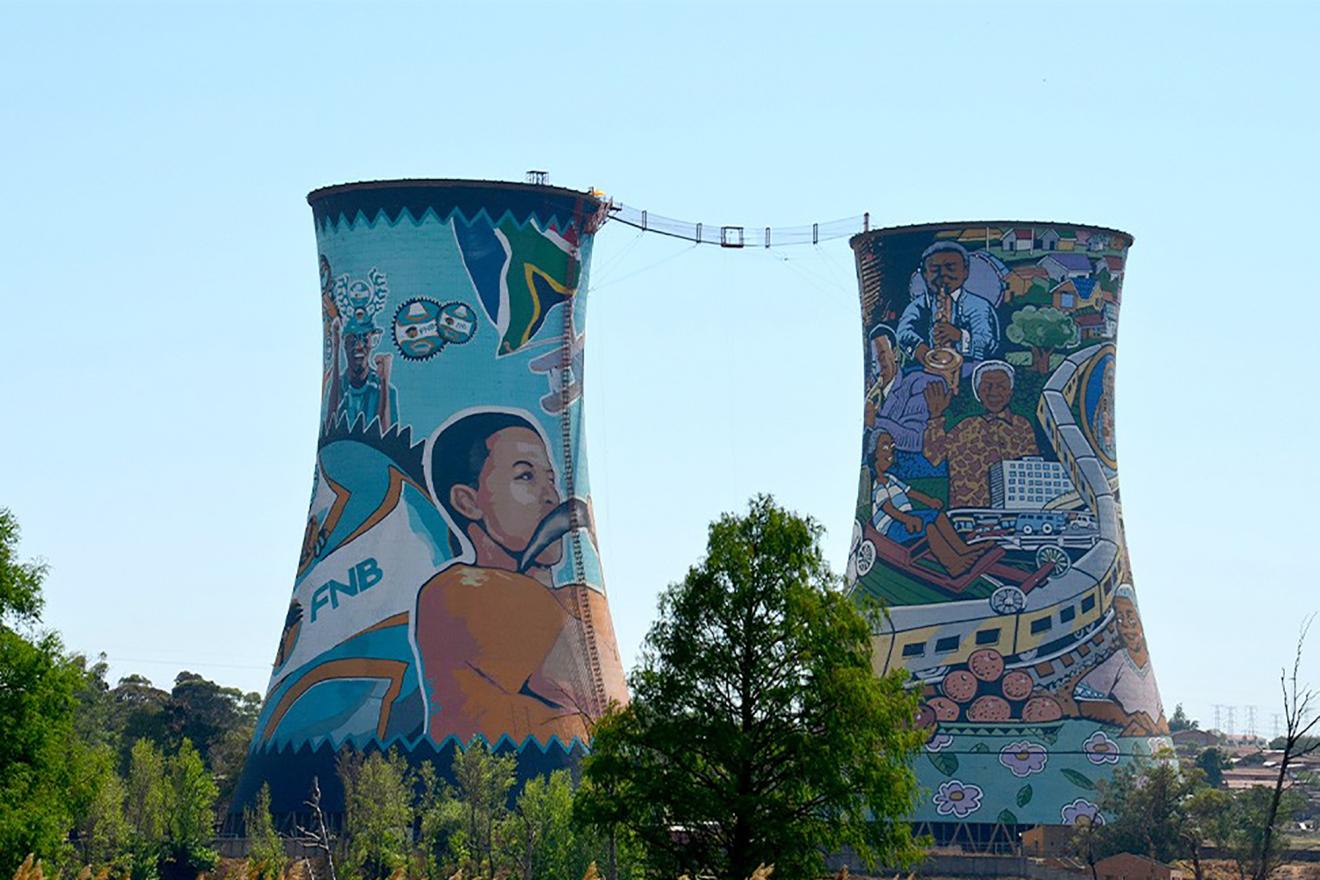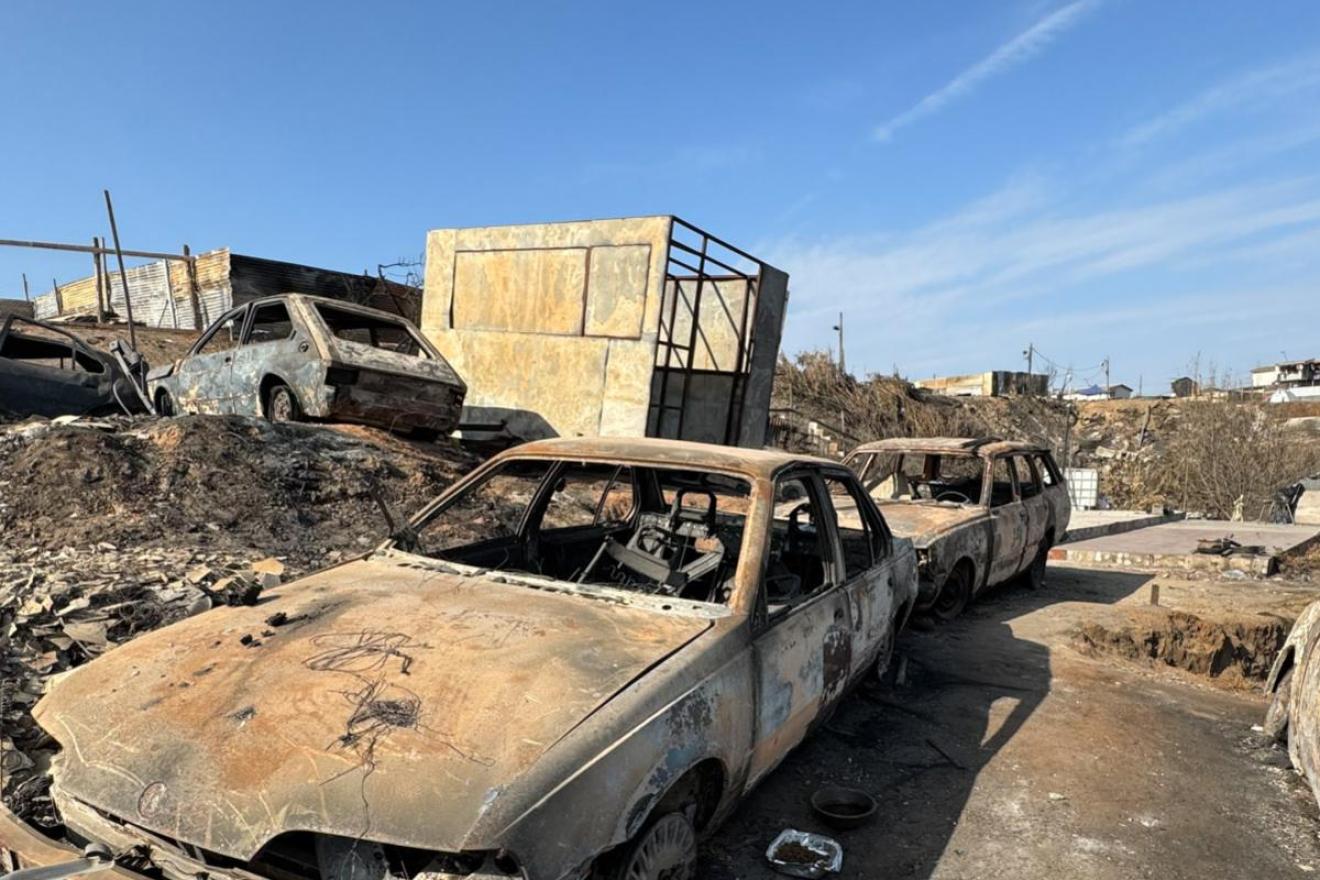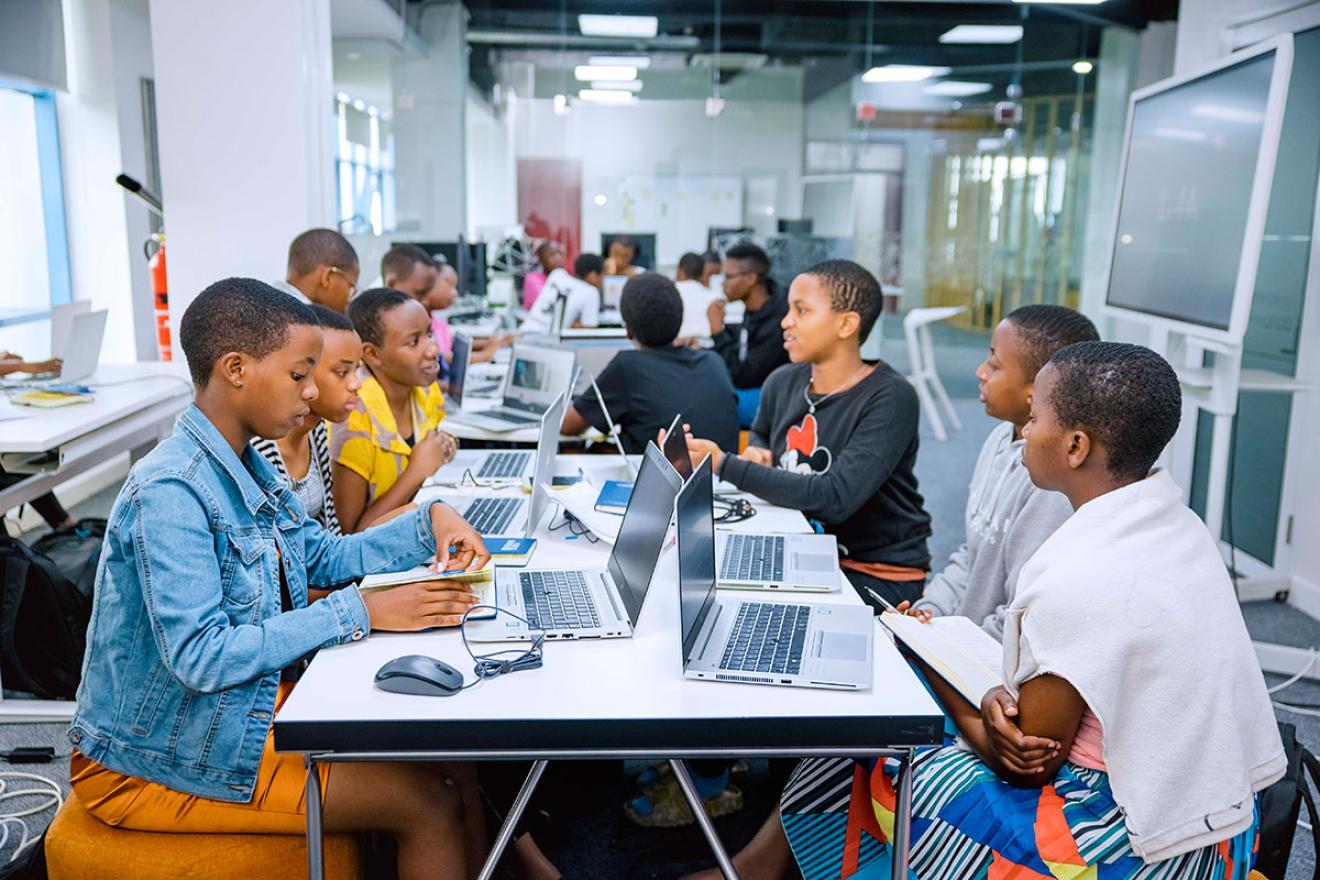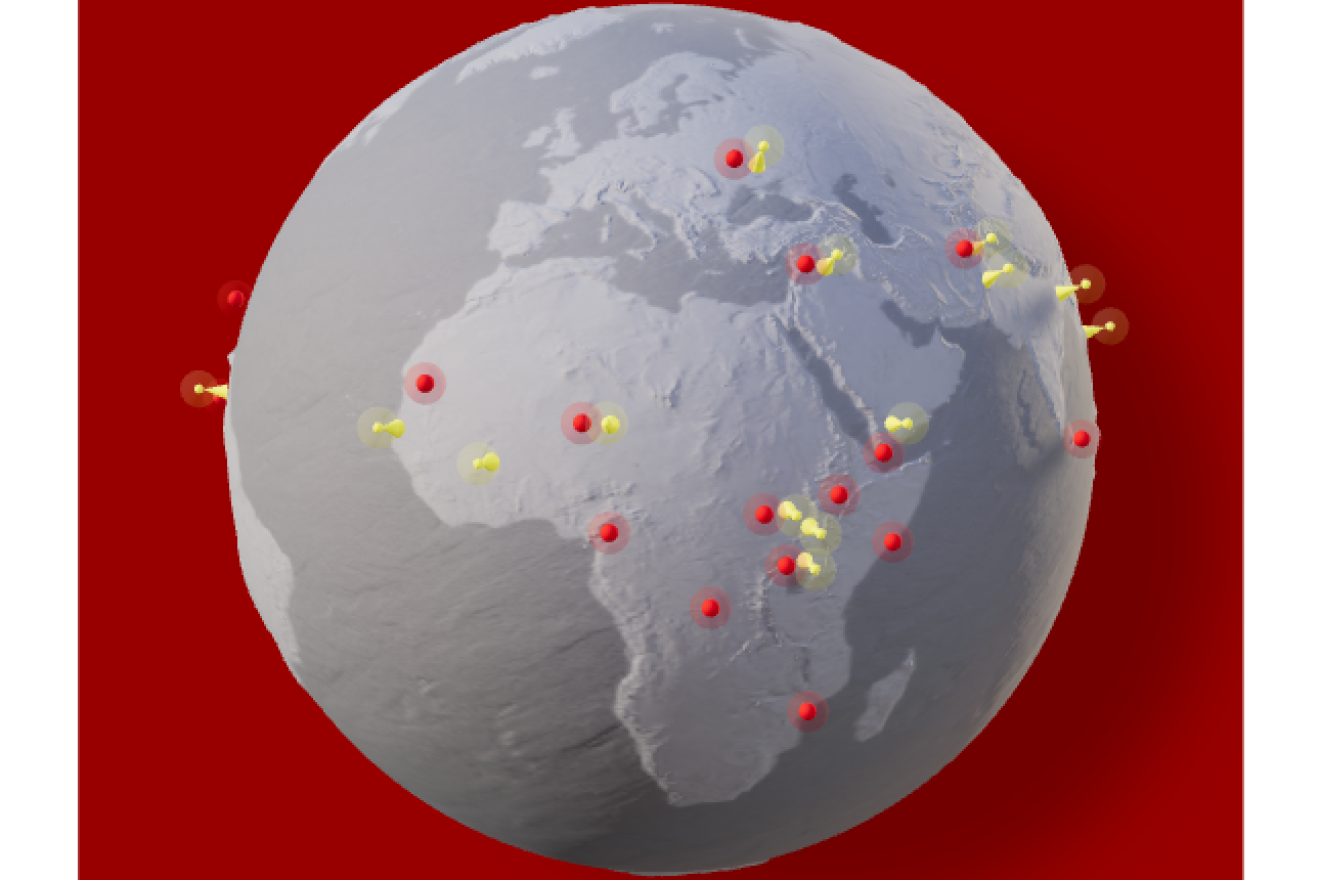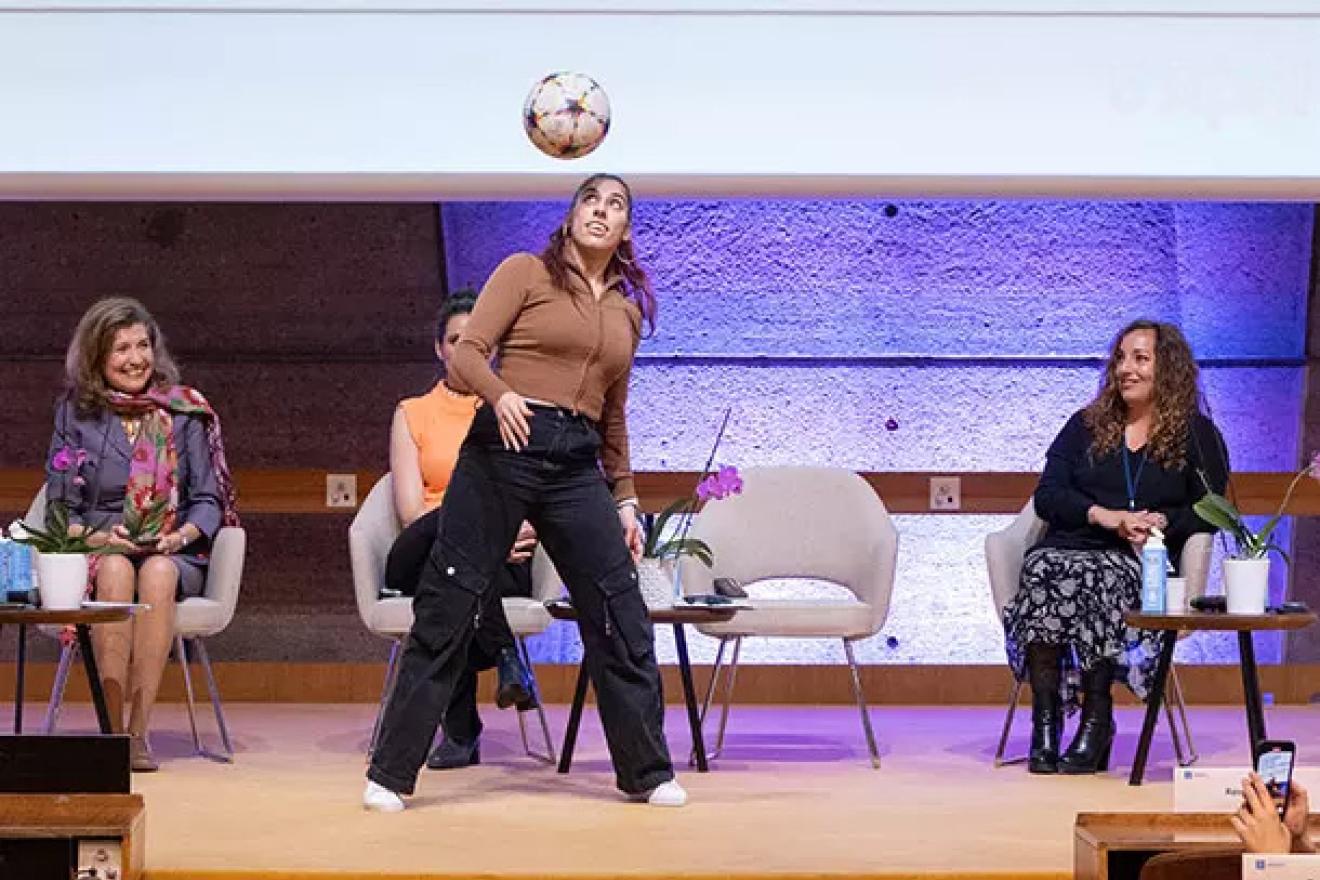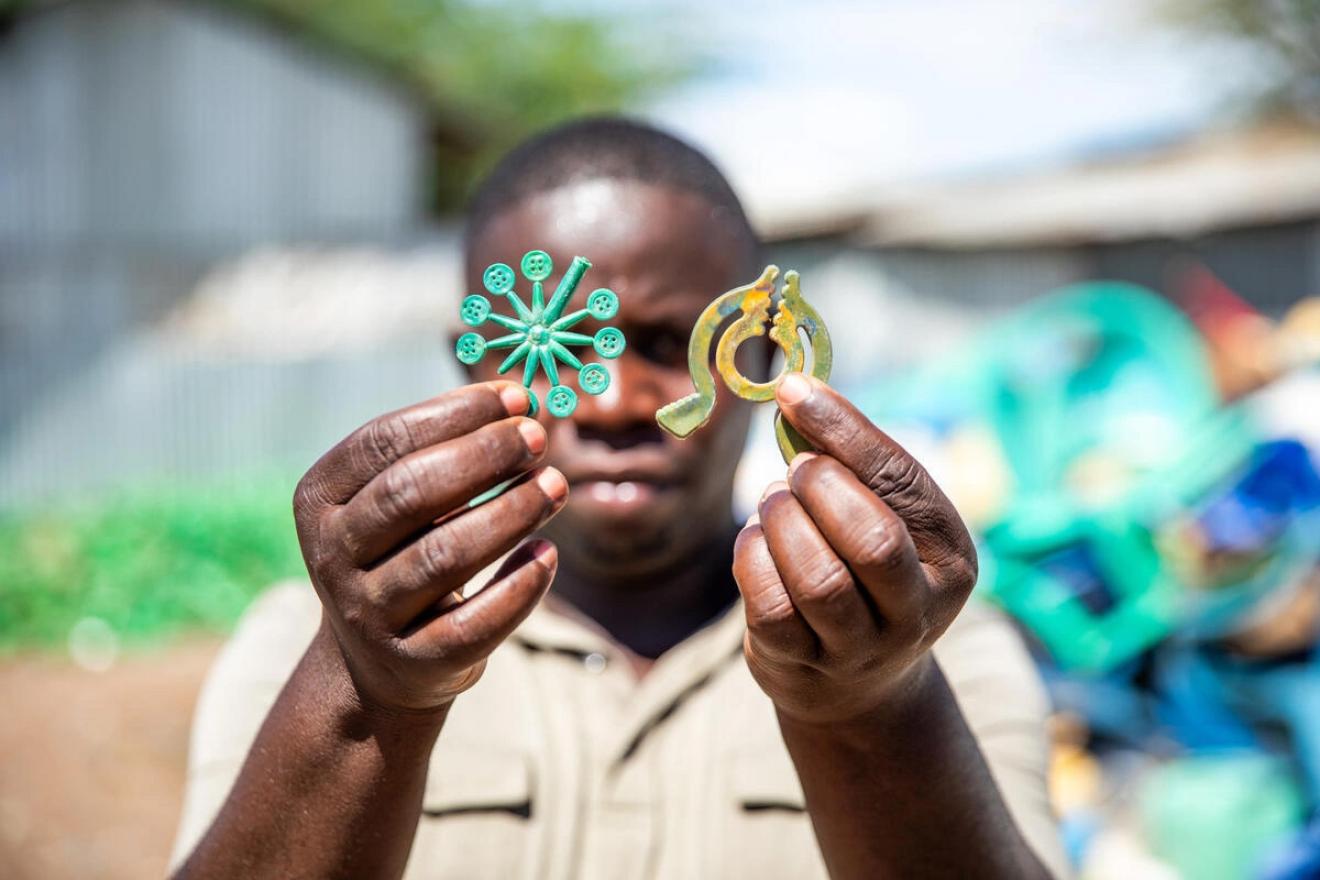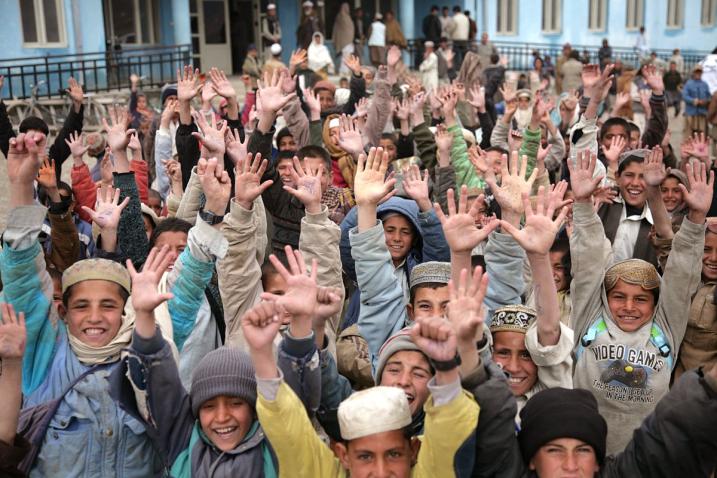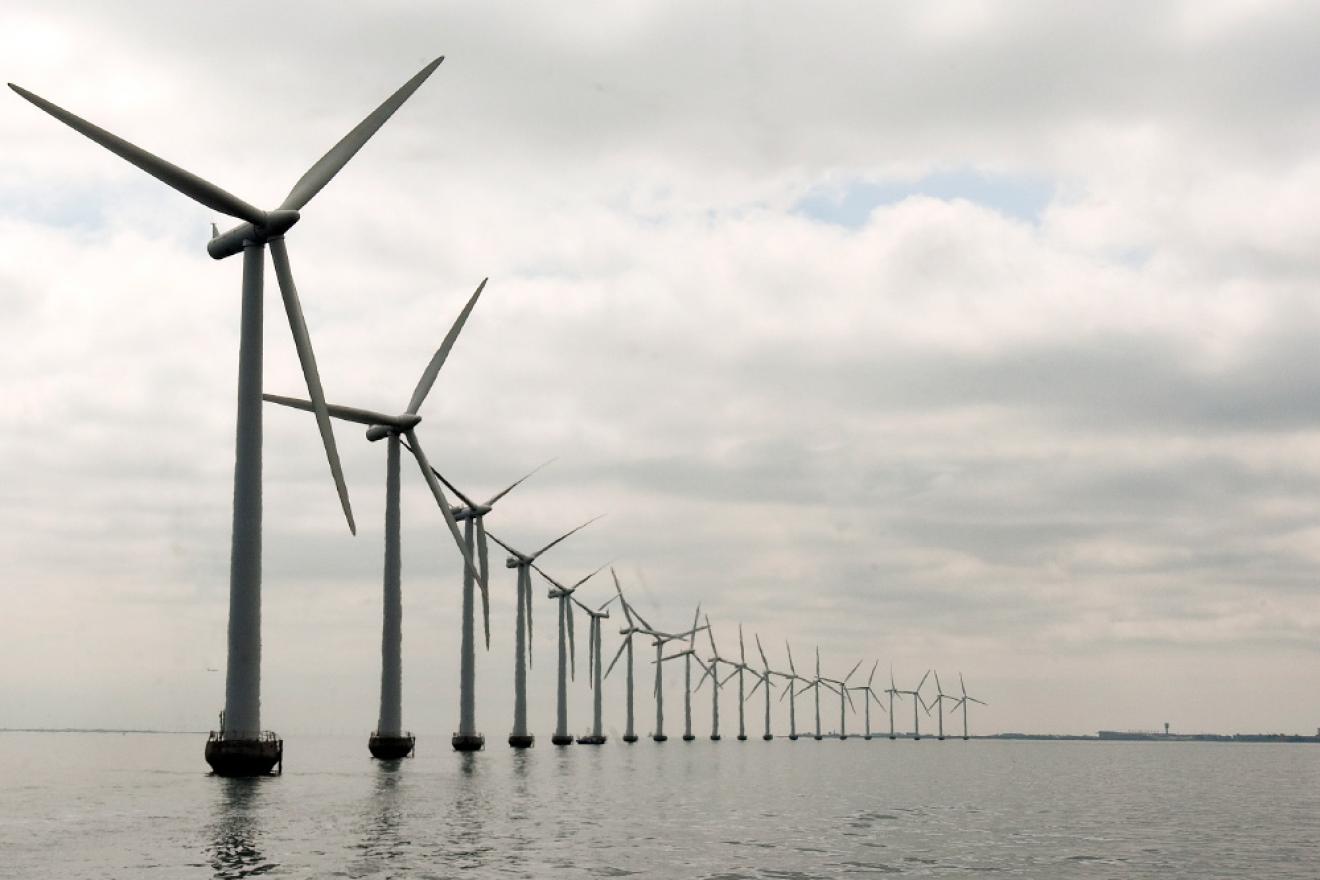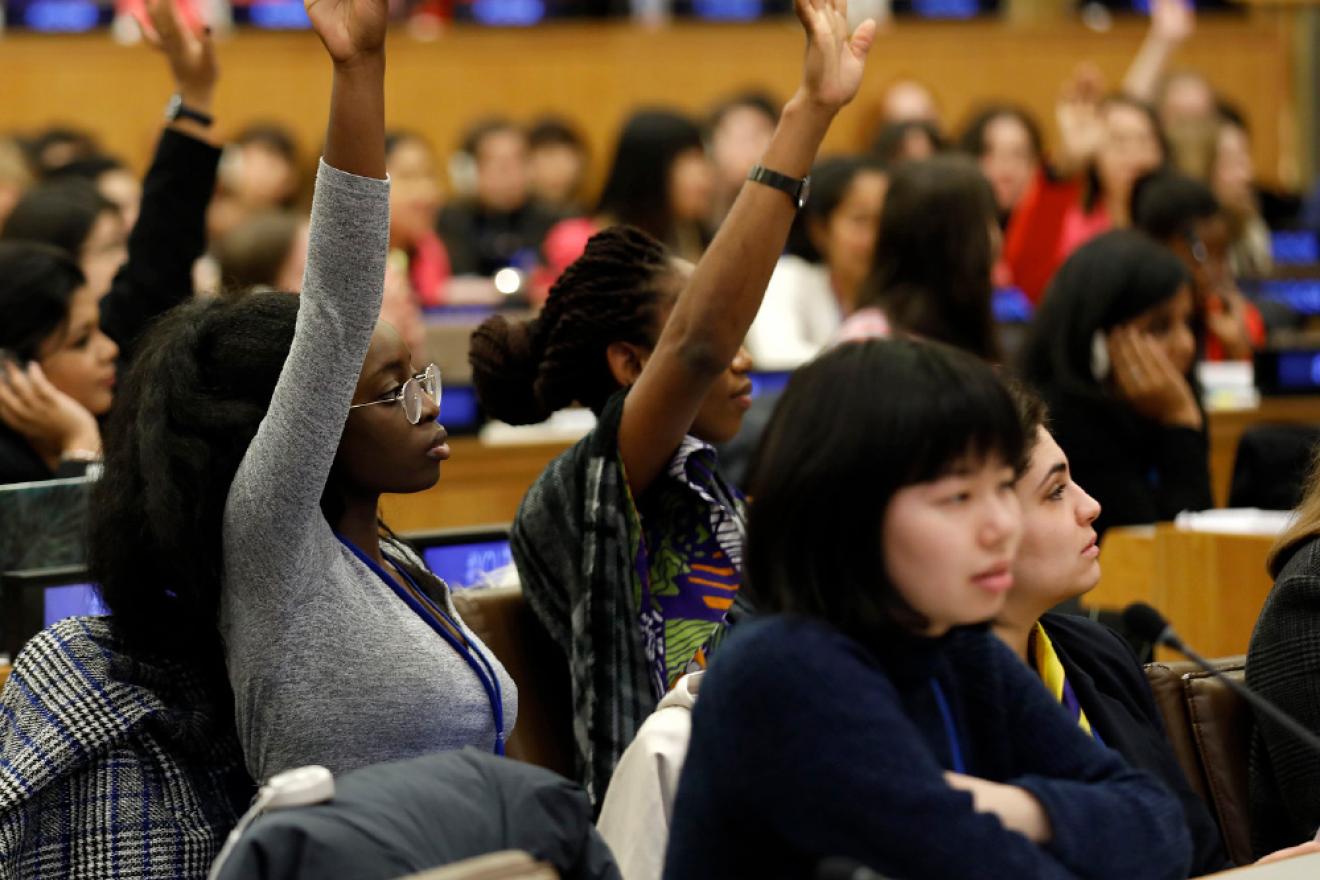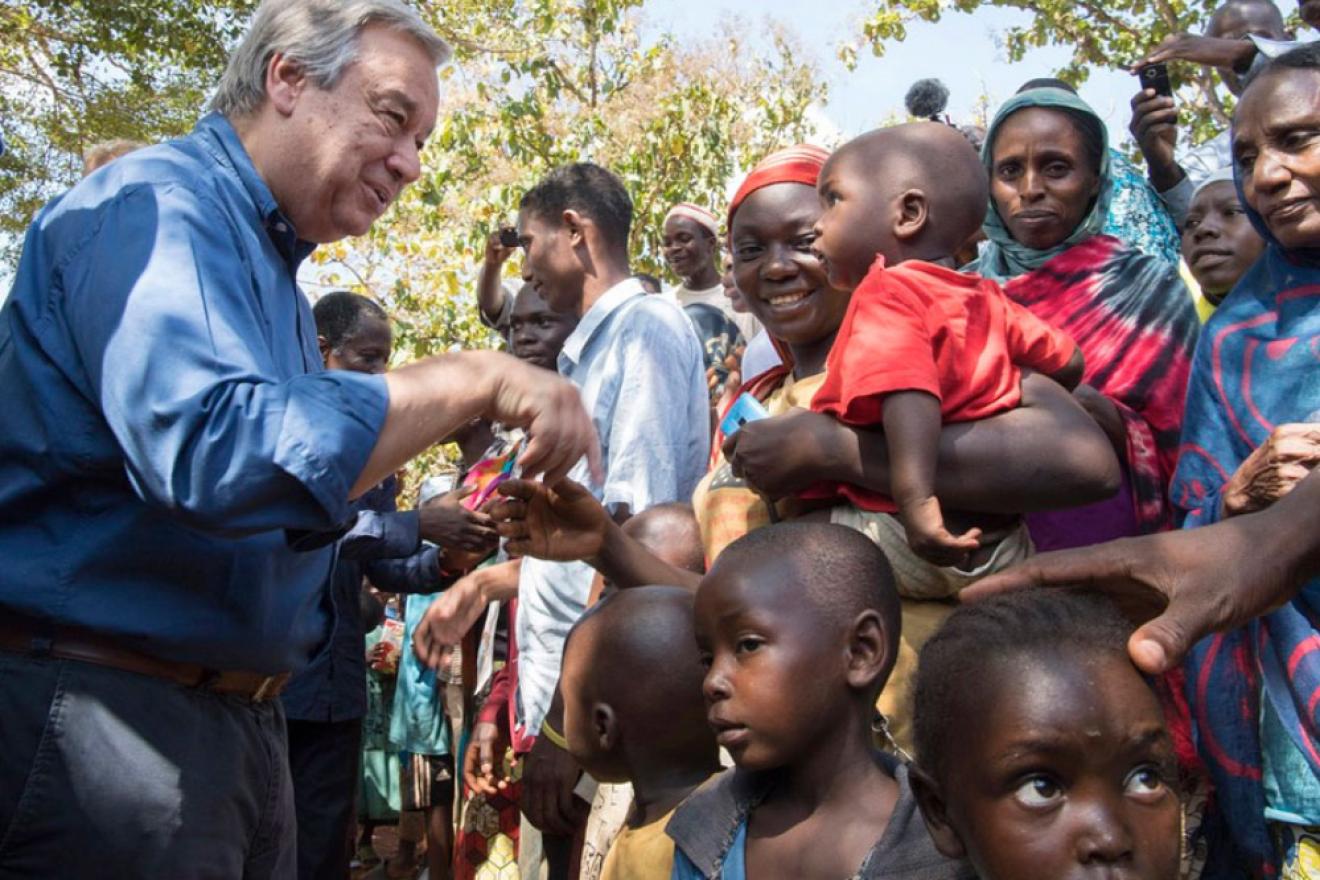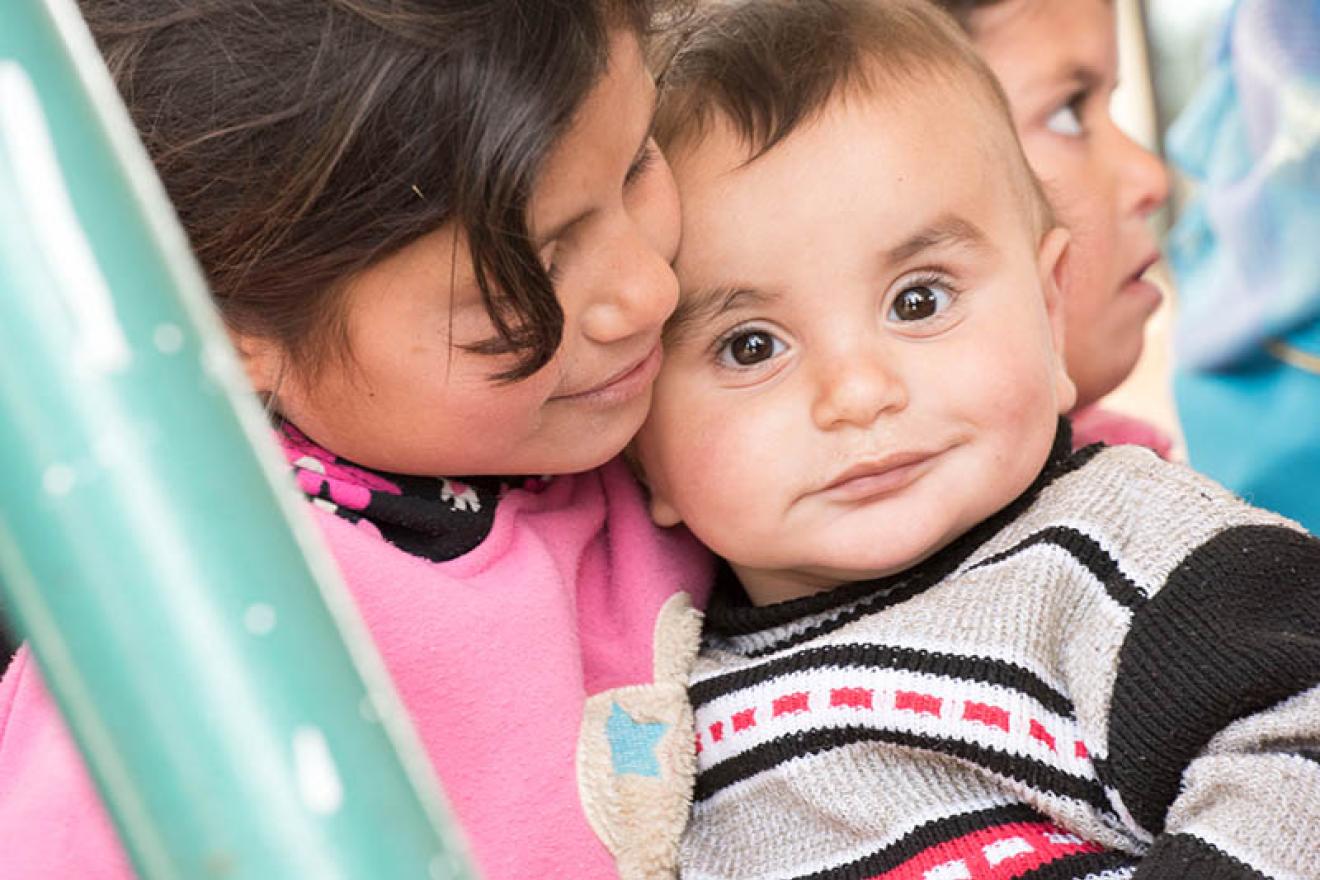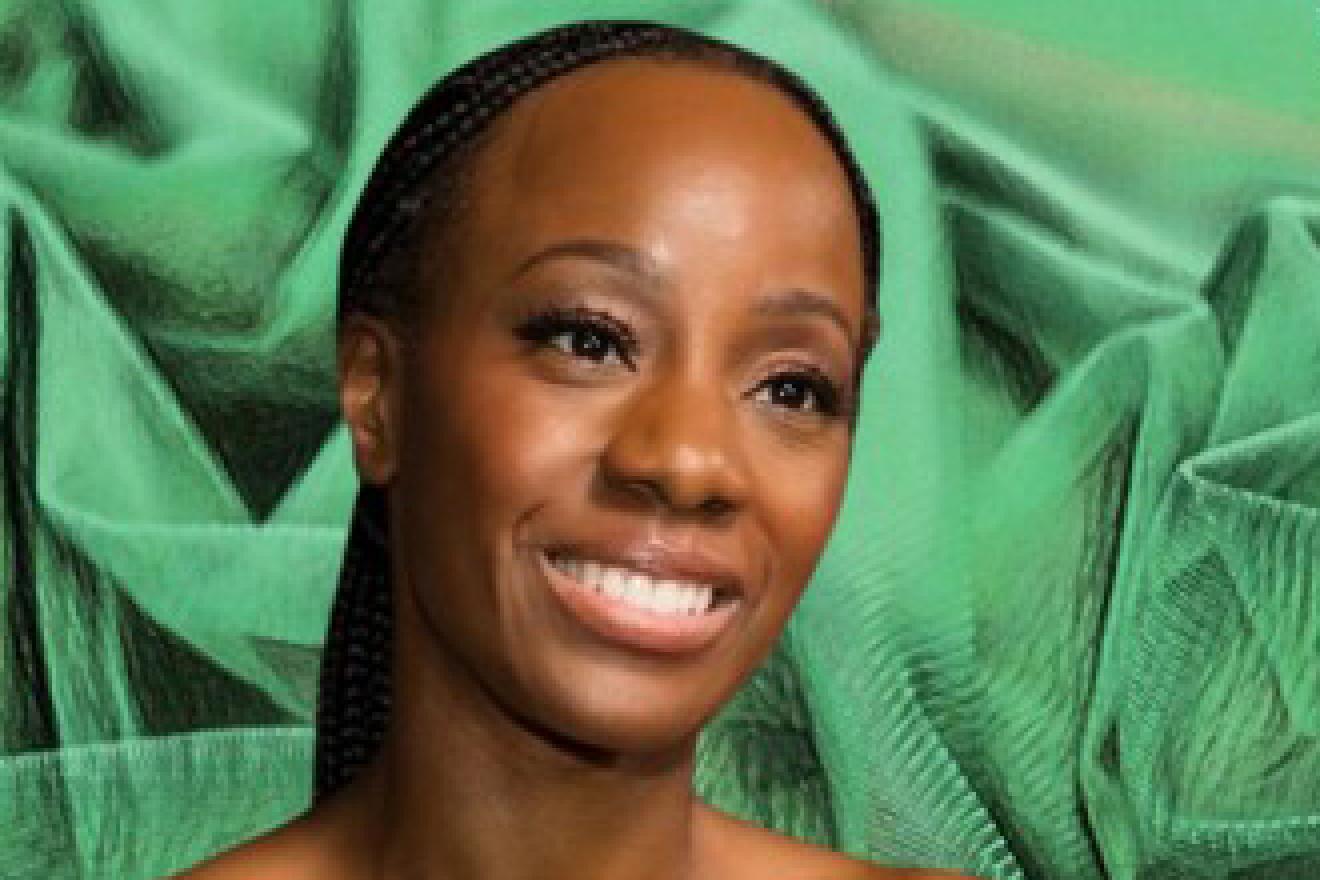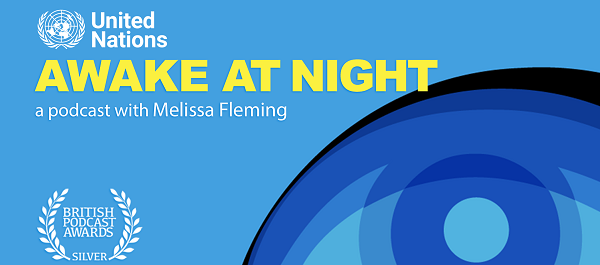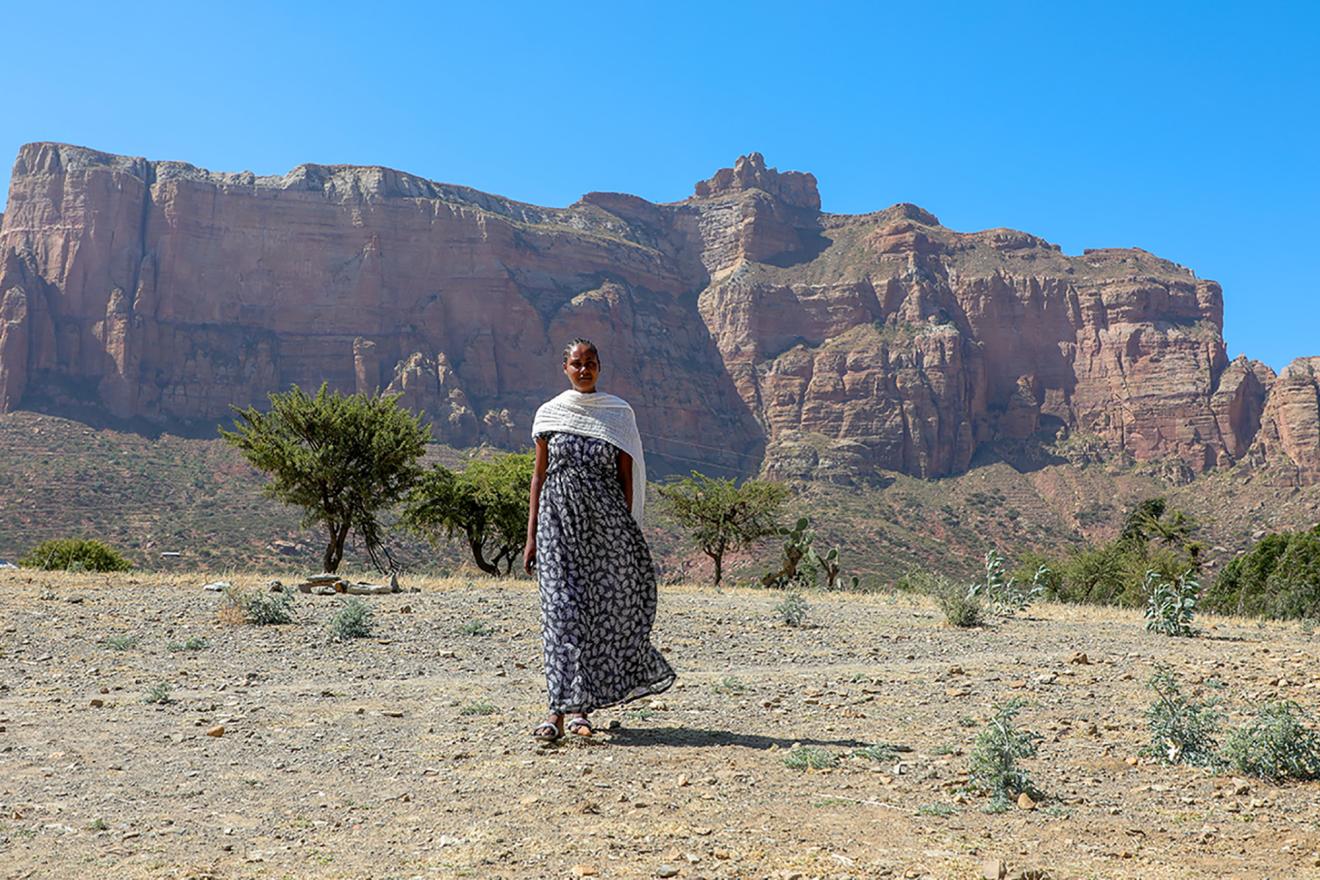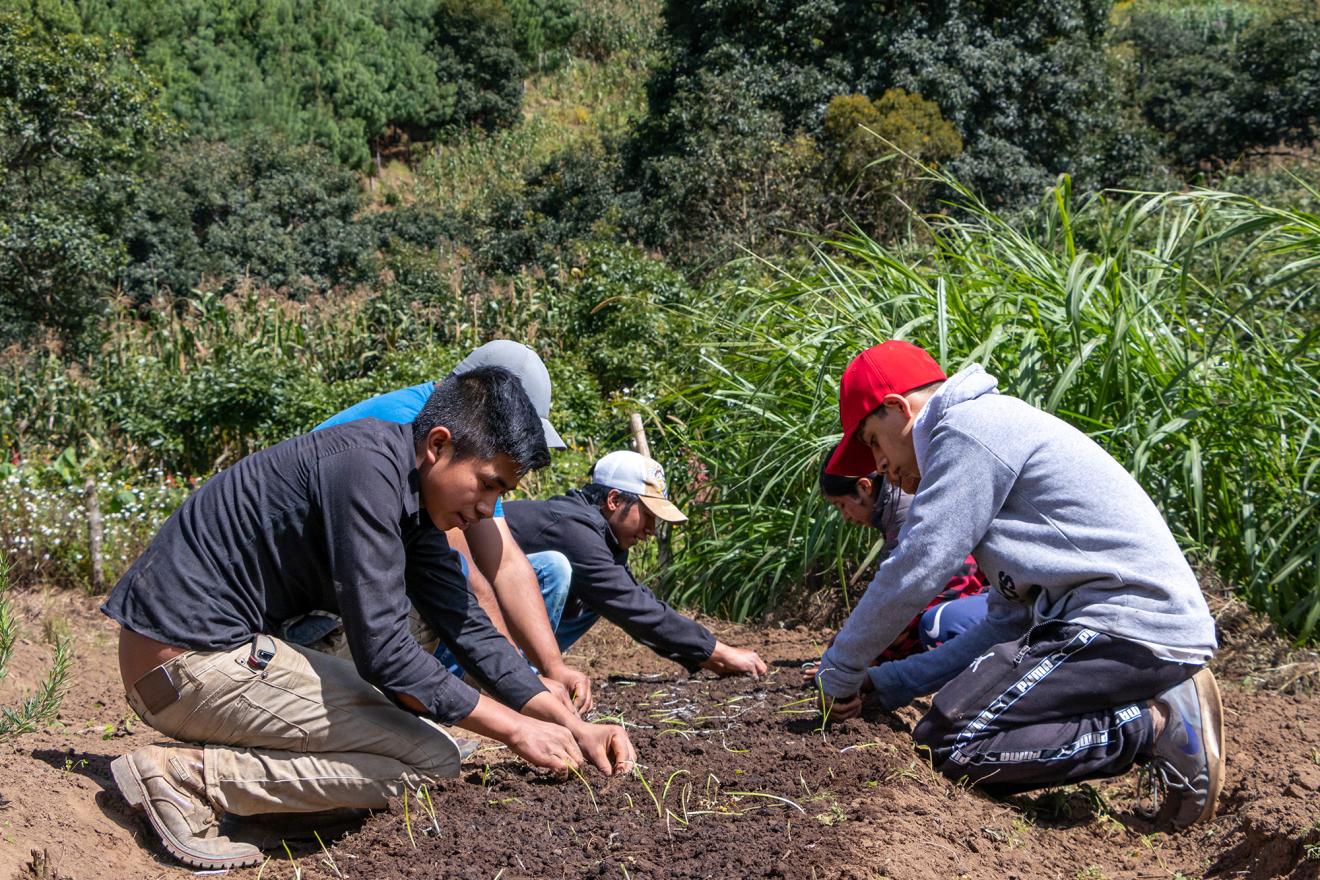Learn more about the Sustainable Development Goals! On our student resources page you will find plenty of materials for young people and adults alike. Share with your family and friends to help achieve a better world for all.
Minimize risk of future nuclear accidents
An explosion at the Chernobyl Nuclear Power Plant on 26 April 1986 spread a radioactive cloud over large parts of the Soviet Union, now the territories of Belarus, Ukraine and the Russian Federation. Nearly 8.4 million people were exposed to the radiation. Since then, international cooperation in nuclear safety has significantly intensified, but the head of the International Atomic Energy Agency (IAEA), Rafael Grossi, has warned that the world is dangerously close to a nuclear accident. Recent developments at the Zaporizhzhia Nuclear Power Plant in Ukraine highlight the need to minimize risks.

‘Just in case’ antibiotics widely overused during COVID-19, says UN health agency
26 April 2024 — Antibiotics saw “extensive overuse” globally among hospitalised COVID-19 patients during the pandemic without improving clinical outcomes, while also potentially increasing the...
Syria crisis intensifies in shadow of Gaza war
25 April 2024 — The war in Gaza continues to cast a dark shadow over the wider Middle East region, in particular Syria where a series of strikes and attacks are exacerbating an already dire...
Gaza: Heatwave brings new misery and disease risk to Rafah
25 April 2024 — Unexpected blistering temperatures across Gaza have added to the daily misery faced by the enclave’s people and sparked new fears of disease outbreaks amid a lack of sufficient...





